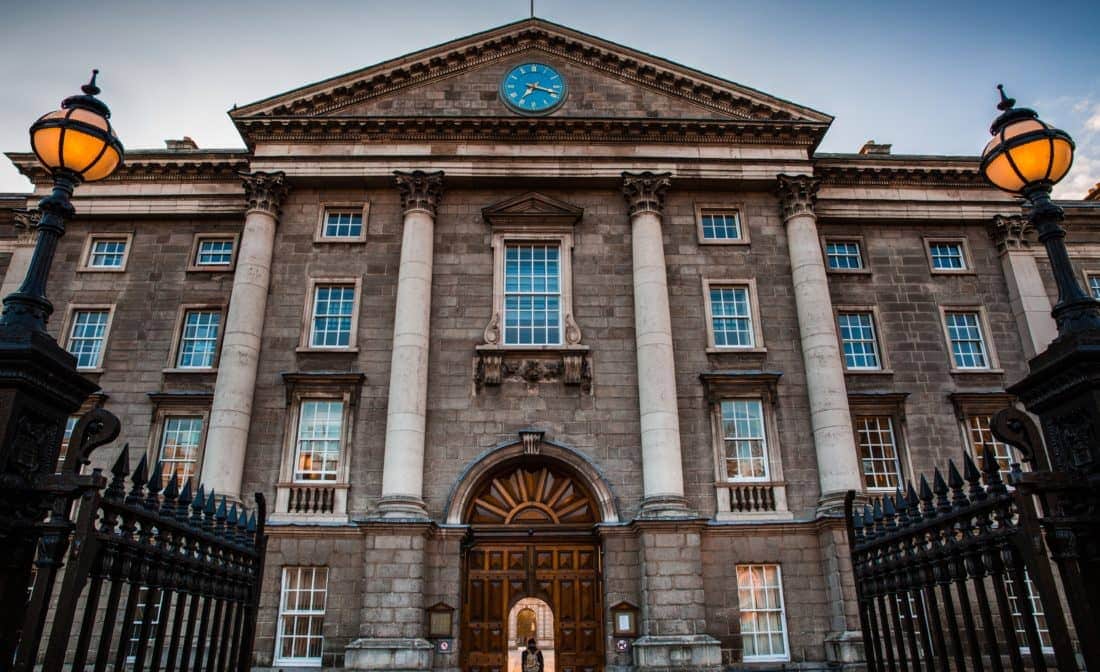A Public College Experience: The Best Choice I Ever Made
When you’re looking for a distinctly unique college experience, a public school may not immediately come to mind. You may first think of a private school, a Catholic school, or a Christian school. I’ll let you in on a secret – a public school can be just as exceptionally valuable as any of these options. You may associate public schools with enormous class sizes, an impersonal relationship with faculty, or a student body with little dedication to academic success. While some public schools may embody these traits – not all do, and it would be a shame to disregard the many phenomenal public schools in the US simply for being state-funded.
When I was considering my college options – I narrowed my choices down to College of Charleston, a public school, and a private school. I’ll admit – a big part of me was attracted to the private school for its prestige. However, as I visited these two schools, I quickly realized there was a lot more to the college decision than selecting a university others deemed prestigious.
Both the private school and College of Charleston are liberal arts schools with a focus on strong teaching. Other than their public and private statuses (which come with vastly different price tags), the other major difference between these schools is size. The private school, with a student body just under 3,000, is quite a bit smaller than College of Charleston’s undergraduate population of about 10,000. But it wasn’t until I visited both schools that I discovered another small, yet crucial, set of difference between the schools.
Related: What Is a Liberal Arts College? A Student Guide
I stayed the night at the private school, ate in their dining hall, and even sat in an 8 a.m. Art History class. The campus was beautiful, the people were kind, the professors were wildly intelligent – but I didn’t feel at home. There were signs all over the lush grass yards on campus that read, “Please Don’t Walk on Grass.” This gave me an uneasy feeling. It might seem like a minuscule detail – but I had always imagined myself studying in a gorgeous outdoor space on campus. When I stayed the night with a student there, I asked her to show me where people hang out on weeknights. She took me to the library, explaining that the library was the “social center” of the university. I am a dedicated student – but I knew, to truly feel fulfilled with my college experience, I needed a social life outside the four walls of the library. Overall, I was disappointed with my visit. But I couldn’t help but wonder – was I being too picky? Did I have unrealistic goals for a college experience? (Spoiler alert – no. I didn’t. My perfect school did exist.)
Feeling a bit nervous after my disappointment with the private school, I finally visited the College of Charleston. As I walked around the campus, and talked to professors and students, my worries quickly disappeared. The classes were a perfect size (with an average of 15 students per class), the campus was stunning in an ‘Eighth Wonder-of-the-World’ kind of way, the teachers were having student meetings on the porches of historic houses, the study abroad and financial aid options were phenomenal – but even more importantly than all of this, I already felt happy there. I sat in the Cistern Yard, a grassy area of campus surrounded by oak trees and Spanish moss, looked around, and felt not only like I belonged, but that I was already a part of the College of Charleston community.
My four years of undergraduate education at the College of Charleston were filled with the most life-changing experiences I may ever have. It was a public school – yes. But it was a public school with incredibly dedicated faculty, a challenging curriculum that allowed me to find and feed my passions, a vibrant community that allowed me to build lifelong friendships and alliances, and a support system that will last well into my professional career.
I had personal relationships with almost every professor I encountered. When I couldn’t decide on a major – I met with professors who talked me through my decision. They gave me insight into what kind of future I could expect with each academic discipline. They boosted my confidence and showed me strengths I didn’t know I had. And when I suffered a tragic loss my senior year of college – my professors supported me, making it possible to graduate on time. When I continued to graduate school, one of my College of Charleston communication professors connected me with the president of a public relations agency in Austin, TX. This connection led to my first graduate school internship.
My classmates at the College were from all over the country, and all over the world. I made friends with students from South Carolina, New Jersey, California, Massachusetts, New York, Maryland, Ireland, and England. I was exposed to people with varying viewpoints and backgrounds, with one major thing in common: their drive to succeed. I had friends continue to law school, medical school, optometry school, and film school. I knew students who went on to own their own businesses, and others who landed their dream jobs right out of college. The people at the College of Charleston, both students and faculty, welcomed me with open arms, challenged me, comforted me, helped me grow into someone I was proud to be, and taught me that education is a journey that continues far after graduation.
I changed my major three times, and with the support of amazing faculty, I completed two majors in four years. I acted in several on-campus plays, I participated in a fine arts festival in Charleston, SC, I was a College of Charleston tour guide, I served in student government, and I helped to plan and execute on-campus activities. I graduated with a great knowledge of my two majors, but also with enough experience and understanding to feel confident stepping into the real world with full force.
Choosing a college may be your first opportunity to make a life-changing decision on your own; you get to determine where you live and learn for the next four years. So make sure you’re making this decision for you. Ignore the “public school stereotypes,” and all other outside opinions you’re flooded with. Make your goal to find a college, not that other people are impressed with, but that you are impressed with. Look at public schools. Look at private schools. Look at Catholic schools. Look at Christian schools. Leave no stone unturned, know your options, and choose your dream school.



